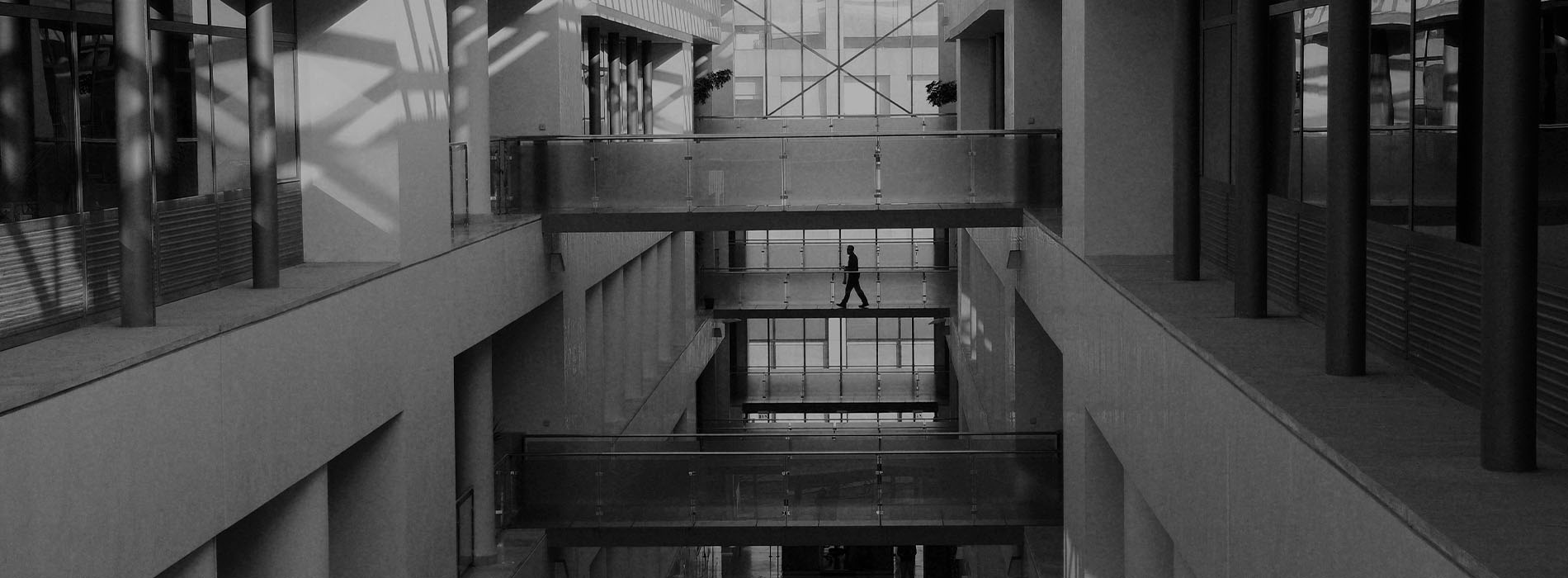Networks of Power in Medieval Societies
Head of group: Therese Martin
Researchers:
- Inés Calderón Medina
- Jorge Elices Ocón (Ramón y Cajal Contract)
- Julio Escalona Monge
- Fabio Giovannini
- Jitske Jasperse (Ramón y Cajal Contract)
- Cristina Jular Pérez-Alfaro
- Eduardo Manzano Moreno
- Ana Mª Rodríguez López
Postdocs:
- Gema Rayo Muñoz (Juan de la Cierva Contract)
Predocs:
- Amaia Pérez Almenara (FPU contact)
Technical staff:
This group is comprised of specialists in Christian kingdoms, medieval art, and al-Andalus. It focuses on networks of power in Christian and Islamic societies through an analysis of the written, material, and artistic record. It is based on interdisciplinary research, as it advocates the combination of sources in order to produce significant knowledge concerning the creation and effects of dominion in medieval multicultural societies.
The objective of the research group is the study of structures and relationships of power in the Middle Ages, both in Christian and Islamic societies. "Power" should be understood here not only as a social hallmark and a political practice, but also as a language reflected through different sorts of evidence. For this reason, the group focuses on a wide variety of sources, which include the written, material, and artistic/architectural record. A basic premise of this approach is the consideration of the documentary and material/artistic evidence on equal and complementary terms and not as independent or subsidiary fields. Another feature of the group is its interest in multiculturalism in medieval times in general, and in Iberian societies in particular, holding that the investigation of power—both theory and practice—in Christian and Muslim formations under the above-mentioned approach opens innovative perspectives in medieval studies. Thus, our unique comparative approach seeks to explain why certain sorts of institutional continuity come to characterise government and society in the West, but not in the Islamic world. Finally, the group also has the objective of reassessing the position of medieval women in networks and representations of power by demonstrating that their importance within the history of art has been undervalued, as shown by their roles as patrons and facilitators, producers and artists, owners and recipients, within specific social and political contexts.
Related webs:
- MEDhis. Social and Cultural History of the Mediterranean. An interdisciplinary program (Interdisciplinary Thematic Platform MEDhis)
- Project LESPOR. Los espacios del Poder Regio, ca. 1050-1385. Procesos políticos y representaciones
- Project Petrifying Wealth
- Project Medieval Treasuries, Iberia and Beyond
- Project PIMIC. Power and Institution Medieval Islam and Cristendom
- Reassessing the Roles of Women as 'Makers' of Medieval Art and Architecture
- QUAESTIO. Sociedades Medievales: Marcos, Redes y Procesos
- Documentos y herramientas para el estudio del Archivo Secreto Vaticano (DOCASV)
- Guía para Estudiosos de Humanidades en Roma
----------------------------
Dept. of Medieval Studies
Research Groups


